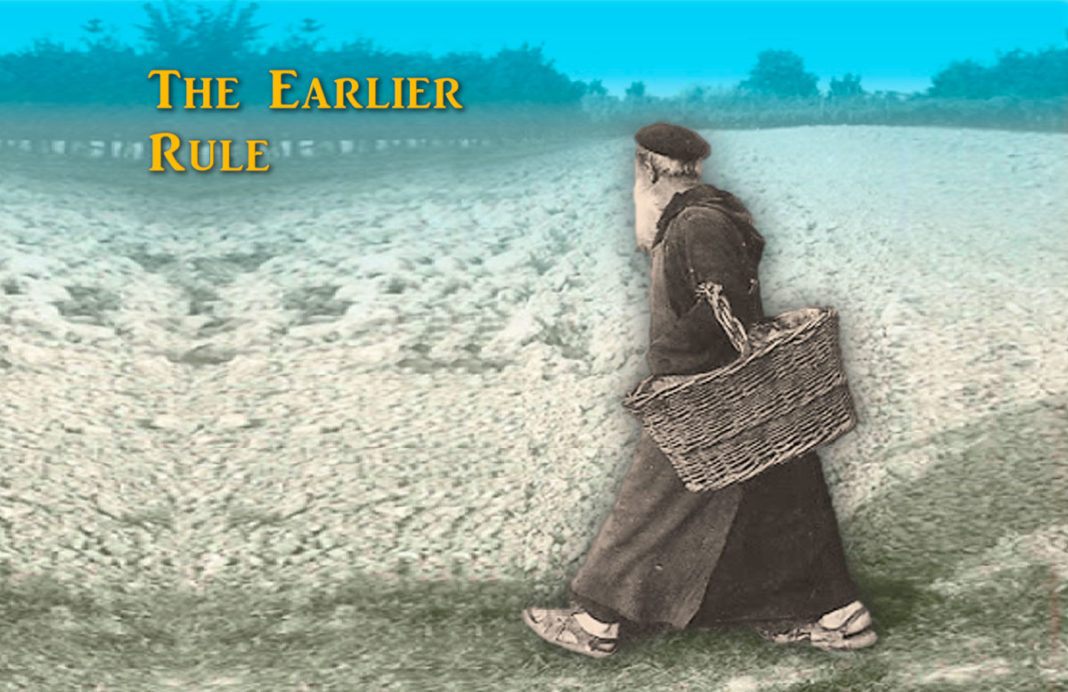We have seen that St. Francis of Assisi made chapter VIII of the Earlier Rule about the use of money. Chapter IX, on the other hand, he dedicated to begging for alms.
As always, the model we are to follow is Christ and his Gospel. Francis begins chapter IX by saying:
Let all the brothers strive to follow the humility and poverty of our Lord Jesus Christ and let them remember that we should have nothing else in the whole world except, as the Apostle says: having food and clothing, we are content with these. (cf. 1 Tm 6:8) [1].
In an indirect way, the Poverello once again invites his followers to embrace the spirituality of kenosis, dispossession, detachment and non-appropriation. Francis wants to remove all ambition from himself and from his followers. The purpose of work and service is not to enrich oneself, but to enable oneself to live simply and humbly, like Jesus: “we should have nothing else…except, as the Apostle says: having food and clothing, we are content with these.” We must understand that the simple life St. Francis proposes should not be equated with mediocrity, or worse, with living off the work of others. Francis always insists on earning his daily bread by working and by serving his brothers and sisters. He makes this clear in his Testament:
And I worked with my hands, and I still desire to work; and I earnestly desire all brothers to give themselves to honest work. Let those who do not know how to work learn, not from desire to receive wages, but for example and to avoid idleness. (Testament 20-21; FF 119).
We might ask ourselves, why then does Francis devote chapter IX to begging for alms? Doesn’t this contradict what was said so far?
The Poverello writes: “When it is necessary, they may go for alms” (Earlier Rule IX, 3; FF 31). The statement becomes much clearer when we read it together with this passage from the Testament: “When we are not given the reward of work, we resort to the Lord’s table, asking for alms from door to door” (Testament 22; FF 120). In other words, begging for alms is the last resort that a friar minor has for his subsistence. When work, food and health are lacking, when all other possibilities have been exhausted, it is then that a friar resorts to begging for alms or, as St. Francis better defined it, “to the Lord’s table”[2].
Today, it is important that we ask ourselves: how much are we working compared to our standard of living? Have we sweated for the good and sustenance of the fraternity? How is our relationship with our benefactors? What do we do with the money given to us for the works of the Kingdom? Are our finances transparent? What are the fruits of our labor?
Until the next reflection!
Friar Elio J. ROJAS
[1] Earlier Rule IX 1, 1; FF 29
[2] Cf. F. Costa; “Che i frati di niente si approprino e del chiedere l’elemosina e dei frati infermi,” in La Regola di Frate Francesco. Eredità e Sfida, by P. Maranesi, F. Accrocca (editor), Padua 2012, pp. 385-386.



















